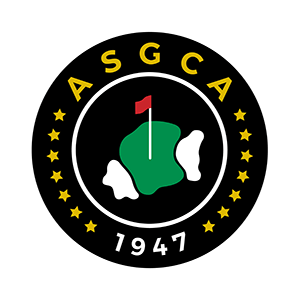In response to flat participation, leading golf organizations have created targeted, nationally branded programs to promote golf among all demographics. These programs include Play Golf America and “Get Golf Ready,” an adult player-development initiative.
On the local level, golf professionals are also implementing innovative ideas, such as couples’ nights; shorter courses for juniors and seniors; and leagues and social outings designed to combine business with pleasure. Private courses are increasing their marketing efforts, advertising more on sports talk radio, and offering memberships with no initiation fees or monthly spending limits.
Recent date suggests these efforts have been effective, as American courses enjoyed a strong start to 2009, with rounds played in January up 7.7 percent from last year and holding the line in February, according to PGA PerformanceTrak data from 2,600 facilities.
Boasting lower prices and interest rates and an allure of living near a range, golf communities are also resisting the recession. Reynolds Plantation near Atlanta, Georgia, for example, continues to prosper today as a premier golf and lake community that epitomizes affordable luxury. Reynolds Signature Communities’ financial strength has helped the company take advantage of expansion opportunities, including the planned addition of a golf course to the Reynolds Plantation, to be designed by Pete Dye, ASGCA.
Additionally, golf resorts are exploring non-traditional options to find alternative revenue, as golf resort mecca Pinehurst has done in upgrading its business capabilities. Though the resort has an impeccable sports pedigree and has won numerous awards, Pinehurst also has a state-of-the-art meeting facility that prides itself on ensuring a seamless professional experience for its corporate clients. In troubling economic times, a resort may find that enhancing its business services can yield hidden profits.
To read the entire special section as it appeared in FORTUNE Magazine, click here.
